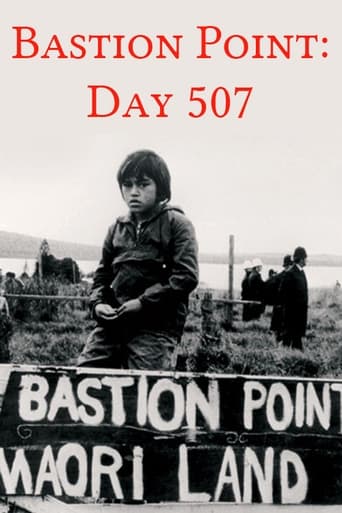
01 Jan 1980

Bastion Point: Day 507
Merata Mita, Leon Narbey and Gerd Pohlmann’s powerful documentary Bastion Point: Day 507 depicts the eviction of protestors from Bastion Point during the struggle for Māori land rights.
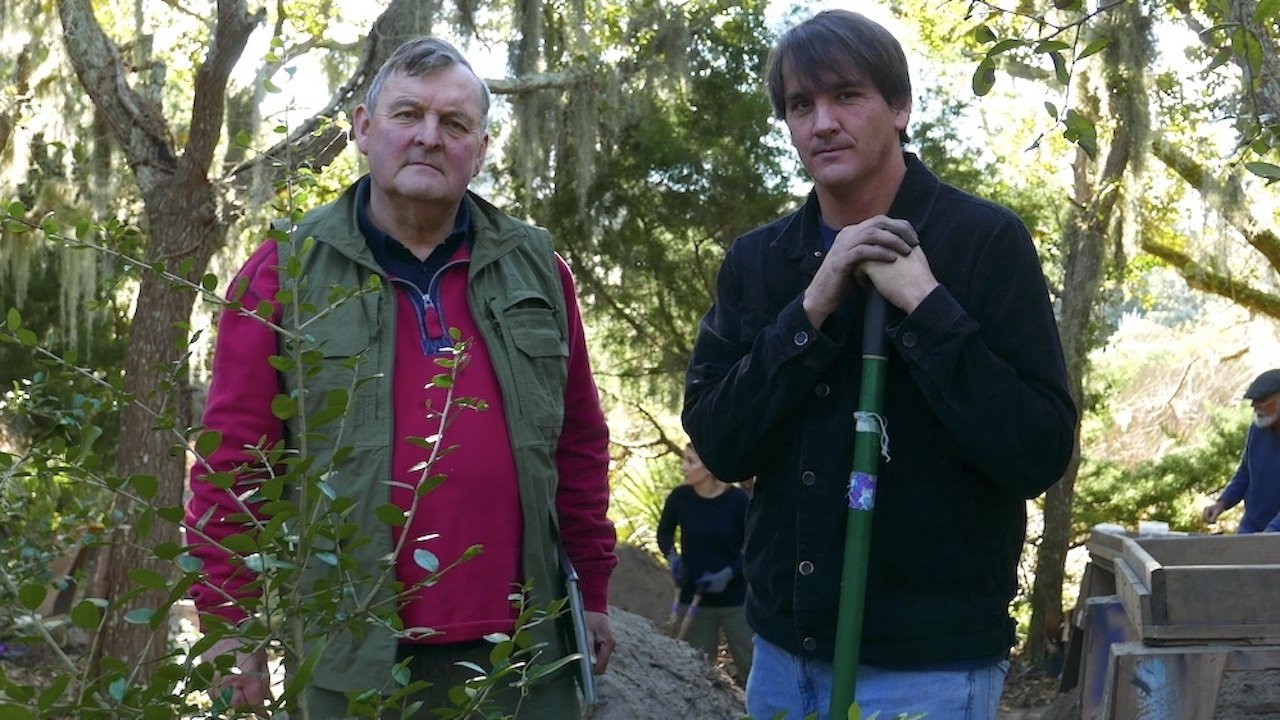
In 1587, more than 100 English colonists settle on Roanoke Island and soon vanish, baffling historians for centuries; now, experts use the latest forensic archaeology to investigate the true story behind America's oldest and most controversial mystery.

himself
himself

01 Jan 1980

Merata Mita, Leon Narbey and Gerd Pohlmann’s powerful documentary Bastion Point: Day 507 depicts the eviction of protestors from Bastion Point during the struggle for Māori land rights.
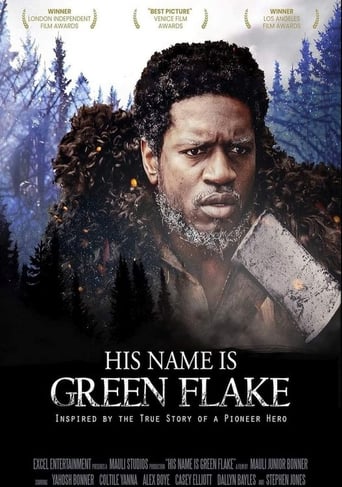
03 Dec 2020

Green Flake, a southern slave, joins Church of Jesus Christ of Latter Day Saints as a child. Later on in his life he is sent to pave the way to what is now the Salt Lake Valley and his faith sustains him.

01 Nov 2015

A documentary account by award-winning filmmaker John Ferry of the events that led up to the 1969 Native American occupation of Alcatraz Island as told by principal organizer, Adam Fortunate Eagle. The story unfolds through Fortunate Eagle's remembrances, archival newsreel footage and photographs.

13 Nov 2011

For more than 120 years, Mohawk ironworkers have raised America’s modern cityscapes. They are called 'sky walkers' because they walk fearlessly atop steel beams just a foot wide, high above the city. In this nuanced portrait of modern Native Americans' double lives, Jerry McDonald Thundercloud and his colleague Sky shuttle between the hard-drinking Brooklyn lodging houses they call home during the week and their rural reservation, a grueling drive six hours north, where a family weekend awaits. While the men are away working, their wives often struggle to keep their children away from the illegal temptations of an economically deprived area.

11 Nov 2019

Mosholu Parkway is a short film comedy about a day in the life of a raucus family during World War II, a teenaged girl's disastrous blind date and her 80-year-old aunt who runs a crap game out of her apartment in The Bronx, New York in 1942 . Director Allison Robbins Writer Allison Robbins Stars Caroline AaronMatthew BrodskyMike Cefalo
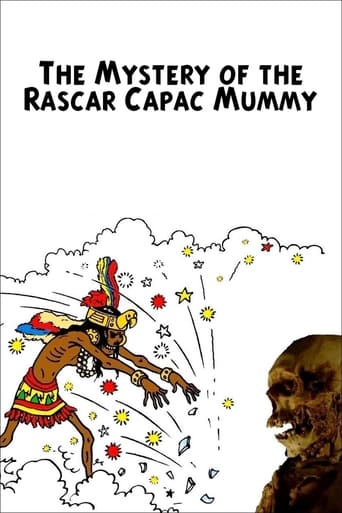
14 Dec 2019

Rascar Capac, the sinister creature featured on Hergé's album The Seven Crystal Balls (1948), has left its mark on many generations of readers. To draw it, the Belgian cartoonist was probably inspired by a mummy exhibited in the first pre-Columbian exhibition organized by the Brussels Cinquantenaire Museum in 1923. Two intrepid archaeologists embark on a fascinating journey to reconstruct the story of the mysterious mummy.
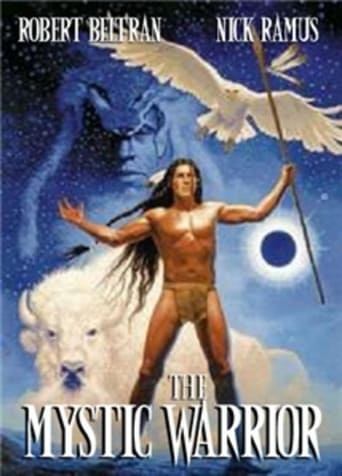
20 May 1984

Saga about a proud band of Sioux Indians, and the efforts of one brave to save his people from destruction through the use of mysterious powers handed down by ancestors.

02 Jul 2018

In this evocative meditation, a disturbing link is made between the resource extraction industries’ exploitation of the land and violence inflicted on Indigenous women and girls. Or, as one young woman testifies, “Just as the land is being used, these women are being used.”
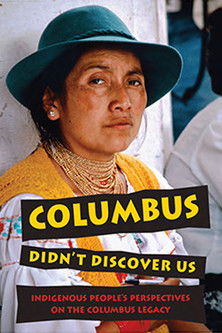
16 May 1992

The historic gathering of three hundred indigenous activists from North, South and Central America who met in Quito, Ecuador, in July 1990 to organize a cross-continental indigenous resistance to the Columbus Quincentennial.
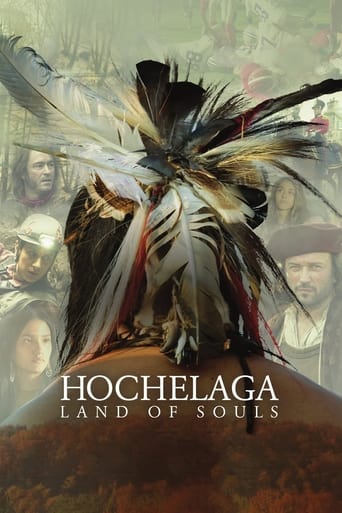
09 Sep 2017

Mohawk archaeologist Baptiste Asigny engages in a search for his ancestors following a tragic terrain slump in the Percival Molson Stadium.
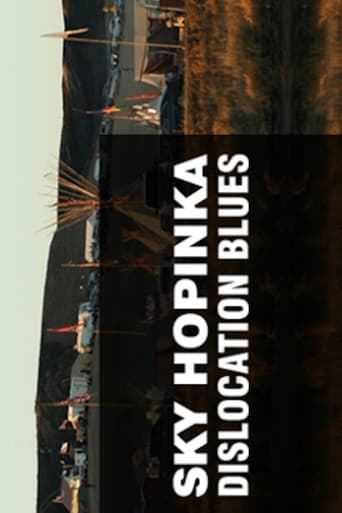
08 Sep 2017

Filmed during the 2016 Standing Rock protests in South Dakota, Sky Hopinka's Dislocation Blues offers a portrait of the movement and its water protectors, refuting grand narratives and myth-making in favour of individual testimonials.
30 Dec 1959
During the Warring States Period, Nung-yuk, the Princess of Qin, denounces the mundane world and dreams of marrying an immortal. This extends to her criteria for choosing a husband: excelling in flute playing. Once, she is captivated by the tune 'Three Melodies of Rainbow Dress' and mistakes the qin player Siu Sze for a fairy. Yuk then persuades Sze to sit the national exam for a better future. Sze's music attracts hundred of birds. Yuk returns to the palace pleading with her father Esquire Muk to agree to their marriage. Despite the Empress Dowager's opposition, Yuk leads a secluded life with Siu afar; a noble breed thus living a hard life. The King lets her go, only granting an annual visit. A year later, Yuk and her husband returns for a visit. The Queen still wants to break them up. Later, Jin State sends people to discover the whereabouts of their Princes. Siu is in fact the Prince of Jin. With Muk’s blessings, Siu marries Yuk in Jin, a marriage which brings peace to both states.
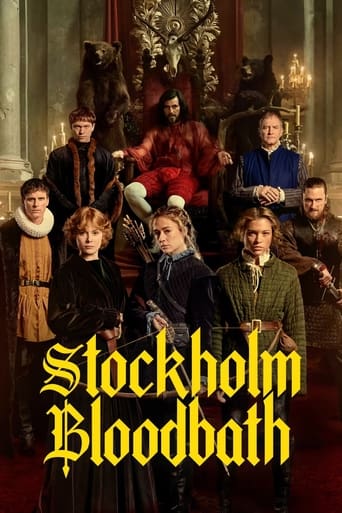
19 Jan 2024

In 1520, the notorious and power-hungry Danish King Christian II is determined to seize the Swedish crown from Sten Sture, no matter what it takes. Meanwhile, sisters Freja and Anne make a solemn promise to seek revenge on the men who brutally murdered their family. Everything comes to a head in the heart of Stockholm, where the sisters are drawn into a ruthless political struggle between Sweden and Denmark that culminates in a mass execution, presided over by the mad King "Christian the Tyrant," known as the Stockholm Bloodbath.

09 Apr 2010

2010 documentary film on the Armenian Genocide by the Young Turk government of the Ottoman Empire during World War I. It is based on eyewitness reports by European and American personnel stationed in the Near East at the time, Armenian survivors and other contemporary witnesses which are recited by modern German actors.
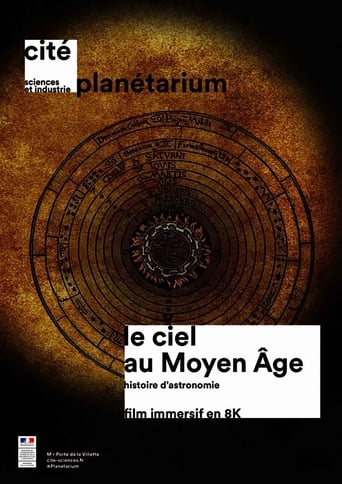
06 Nov 2019

No overview found
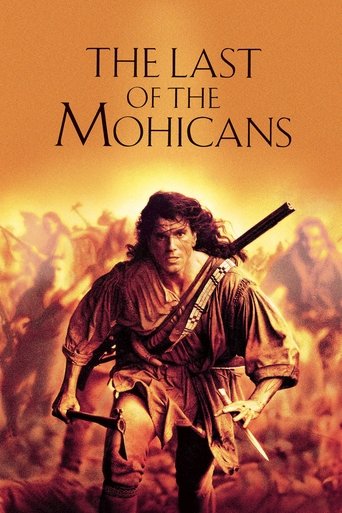
26 Aug 1992

In war-torn colonial America, in the midst of a bloody battle between British, the French and Native American allies, the aristocratic daughter of a British Colonel and her party are captured by a group of Huron warriors. Fortunately, a group of three Mohican trappers comes to their rescue.
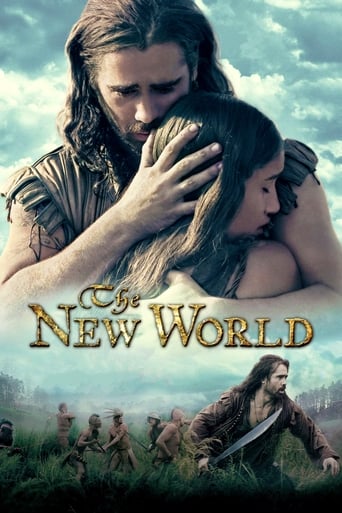
25 Dec 2005

A drama about explorer John Smith and the clash between Native Americans and English settlers in the 17th century.
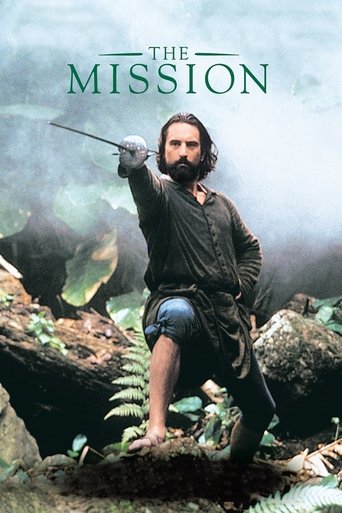
06 Sep 1986

When a Spanish Jesuit goes into the South American wilderness to build a mission in the hope of converting the Indians of the region, a slave hunter is converted and joins his mission. When Spain sells the colony to Portugal, they are forced to defend all they have built against the Portuguese aggressors.

11 Apr 2017

"What's on your mind?" It's the friendly Facebook question which lets you share how you're feeling. It's also the question that unlocks the details of your life and helps turn your thoughts into profits.

14 Jun 2010

From May 10, 1940, France is living one of the worst tragedies of it history. In a few weeks, the country folds, and then collapsed in facing the attack of the Nazi Germany. On June 1940, each day is a tragedy. For the first time, thanks to historic revelations, and to numerous never seen before images and documents and reenacted situations of the time, this film recounts the incredible stories of those men and women trapped in the torment of this great chaos.